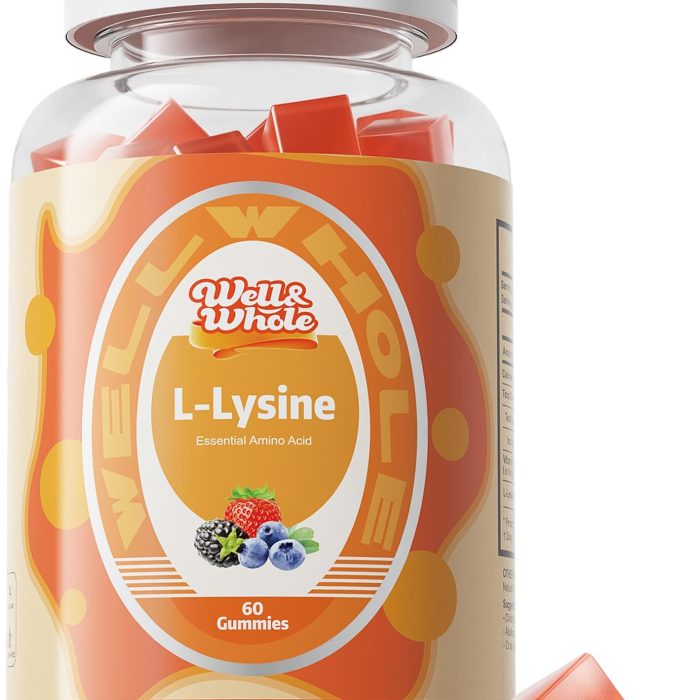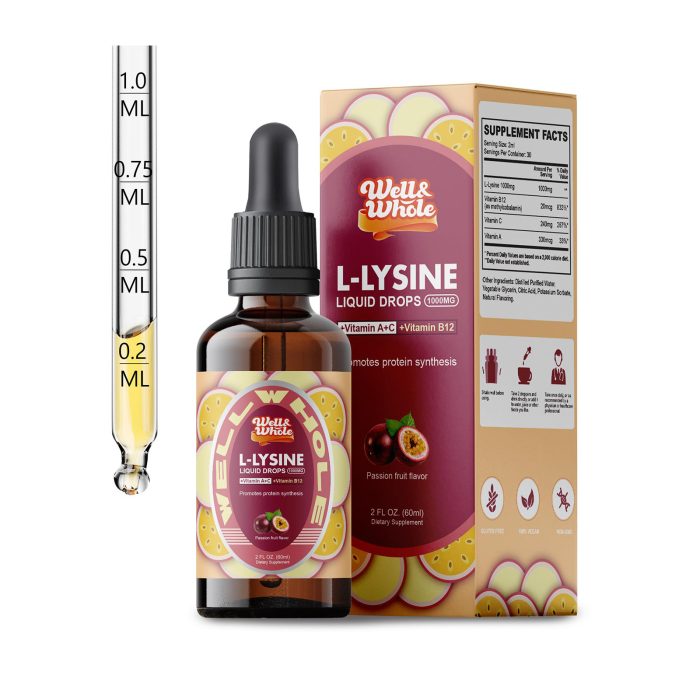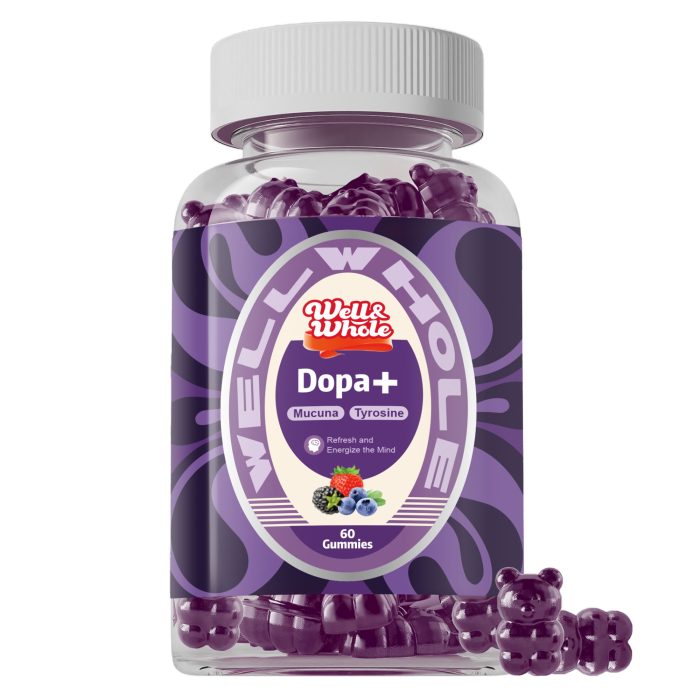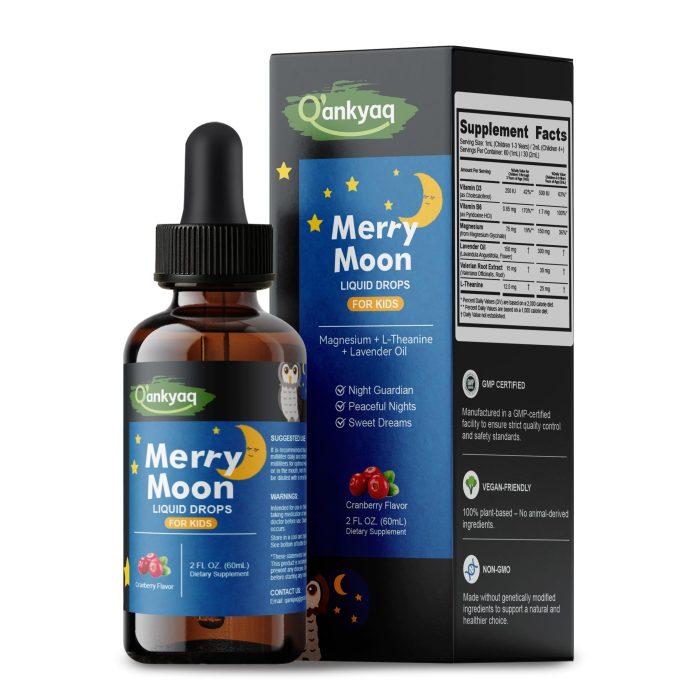Discover the Benefits and Best Practices for Daily Supplement Use
In today’s fast-paced world, maintaining optimal health is often a challenge. With busy schedules and inconsistent diets, many people turn to dietary supplements to fill nutritional gaps, boost energy levels, and support overall well-being. But do people truly benefit from taking supplements most days? Let’s explore common questions around daily supplement use, supported by research and insights into how choosing the right products can make a difference.
Why Are Supplements a Popular Choice?
Modern lifestyles often leave little room for balanced meals. According to the Centers for Disease Control and Prevention (CDC), only one in ten Americans consumes enough fruits and vegetables daily, leading to widespread deficiencies in essential nutrients like vitamins D and B12, magnesium, and iron.

Supplements offer a practical solution to this issue. They’re compact, convenient, and formulated to address various health needs. For example:
- Multivitamins provide a comprehensive boost for general health maintenance.
- Omega-3 capsules are beneficial for heart health and inflammation.
- Probiotics can improve digestion and gut health, especially for those with chronic digestive issues.
At Well&Whole, we believe supplements act as a safety net—not a substitute—to cover areas where your diet may fall short.
Do You Really Need Supplements Every Day?
The truth is, not everyone needs supplements daily. The decision depends on factors like diet quality, lifestyle, age, and specific health concerns. If your meals are nutritionally diverse and include enough fruits, vegetables, lean proteins, and whole grains, you might not require supplementation. However, the majority of people struggle to meet these dietary recommendations consistently.
For example, research shows that 93% of Americans don’t get enough vitamin E, while over 40% lack adequate vitamin C intake. Regular supplementation can bridge these gaps and offer peace of mind that your body is receiving vital nutrients.
What Are the Risks of Over-Supplementation?
While supplements provide significant health benefits, taking them without understanding proper dosages or consulting a healthcare professional can lead to adverse effects. For instance:
- Excessive vitamin A can cause toxicity and damage the liver.
- High doses of iron may lead to stomach irritation and constipation.
- Long-term overuse of calcium can increase the risk of kidney stones.
That’s why Well&Whole prioritizes safe and scientifically-backed formulations, guiding customers to use supplements responsibly. Always check the recommended intake, and consult a healthcare professional if you’re unsure about your needs.
What Supplements Should You Take Daily?
Here are some commonly recommended supplements for everyday use, though individual needs may vary:
- Multivitamins: Essential for covering a wide spectrum of nutrients often missing from your diet.
- Vitamin D: Crucial for bone health and immune support, especially for individuals with limited sun exposure.
- Omega-3 Fatty Acids: Vital for brain function, heart health, and reducing inflammation.
- Magnesium: Supports energy production, muscle function, and sleep quality.
- Probiotics: Aids digestive health and boosts immunity.
Well&Whole curates supplements that are sustainably sourced, meticulously tested for purity, and designed to maximize absorption.
Top Tips for Choosing Your Supplements
If you’re considering taking supplements regularly, use these strategies to ensure you’re making informed decisions:
- Read Labels Carefully: Look for trusted certifications like NSF or USP to ensure the product meets quality standards.
- Opt for Clinical Research: Choose brands that rely on scientific studies rather than marketing hype.
- Avoid Filler Ingredients: High-quality supplements, like those offered by Well&Whole, avoid unnecessary additives and allergens.
- Focus on Bioavailability: Formulations with higher bioavailability ensure your body absorbs nutrients effectively.
The Impact of Consistency and Quality
Regular use of supplements can deliver long-term benefits, but consistency and product quality are key. Rather than cycling through random brands, stick to trusted providers that emphasize transparency and superior standards—like Well&Whole.
Take magnesium, for example: Studies have shown that consistent supplementation improved sleep efficiency for 89% of participants. Similarly, probiotics taken over several weeks can balance gut microbiota, enhancing digestion and immunity.
Final Thoughts
Incorporating high-quality supplements into your routine—such as those from Well&Whole—can be a powerful way to prioritize your health. By bridging the nutritional gaps that modern diets often leave behind, supplements contribute to better energy, enhanced immunity, and overall wellness.
Remember, supplements should complement—not replace—nutritious food. Whether you’re a beginner or a seasoned user, the goal should be smart, tailored usage aligned with professional guidance.
So, the next time you consider whether daily supplements are right for you, focus on your unique health needs, the science-backed benefits of consistency, and the superior quality Well&Whole delivers. Your well-being deserves nothing less.









